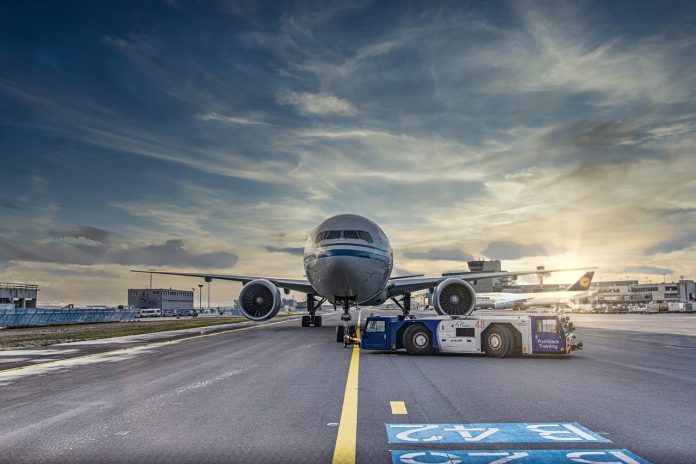Safety is a top priority for every traveller that should never be overlooked. Whether you’re a seasoned flyer or embarking on your first overseas adventure, understanding the essentials of travel safety can go a long way in enhancing your overall experience.
Among the many facets of travel safety, airline safety remains paramount, given the intricate mechanics of air travel and the vast number of passengers airlines ferry each day.
This comprehensive guide will illuminate the path through airline safety regulations, the criteria for choosing a safe airline, what to do during an in-flight emergency, and the rights you possess as a passenger under European law.
Table of Contents
Airline Safety Regulations and Standards
Diving headfirst into the realm of aviation regulations, these guidelines form the backbone of airline safety. In Europe, the governing body overseeing these safety standards and regulations is the European Union Aviation Safety Agency (EASA).
These standards encapsulate every aspect of airline operation, from the nitty-gritty of aircraft maintenance to the exhaustive training pilots undergo. Furthermore, they are under constant scrutiny and updated to mirror the latest advancements in technology and safety protocols.
Under the vigilant eye of EASA, every airline operating within the EU is obligated to undergo regular safety audits. These rigorous checks aim to ensure airlines maintain the highest safety standards. Any lapses can result in substantial penalties, including the possibility of revoking operating licenses in severe cases.
One prime example of these regulations at work is the Air France flight delay compensation policy. This policy falls under the broader umbrella of the EU261 regulation. This regulation mandates that passengers are entitled to compensation for significant delays, cancellations, or if they are denied boarding. This not only ensures financial recompense for passengers but also serves as a potent incentive for airlines to maintain punctual operations.
How to Choose a Safe Airline?
While all airlines operating within the confines of the EU are bound by stringent aviation regulations, some airlines take it a step further. These airlines exceed the stipulated regulations, earning them an enviable safety reputation. So, how can passengers sift through the plethora of airlines to identify these safety-conscious carriers?
Independent safety audits, such as those conducted by AirlineRatings.com, offer a valuable resource. These audits assign a comprehensive safety score for airlines globally. The score is derived from a multitude of factors:
- The operational history of the airline;
- Maintenance and safety records;
- The age and condition of their fleet.
Also, pay attention to the airline’s response to any previous incidents. A responsible airline will communicate transparently about any issues, the reasons behind these issues, and the preventive measures taken to avert their recurrence. This proactive approach to airline safety is a clear testament to an airline that ranks passenger safety above all else.
What to Do If You Experience an In-Flight Emergency?
Despite all safety measures in place, emergencies can still occur. In these rare circumstances, knowing how to respond can significantly enhance your travel safety. The key lies in paying attention to the pre-flight safety briefing. While it may seem repetitive to frequent flyers, it covers the essential procedures for a variety of emergencies.
Always identify your nearest exit – remember, it could be behind you. In case of turbulence or sudden changes in altitude, fasten your seat belt as soon as the sign illuminates. If cabin pressure changes, remember the golden rule – secure your oxygen mask first before assisting others. And crucially, in the event of an evacuation, leave your belongings behind to ensure a swift exit.
In Conclusion
Safety in airline travel is a shared responsibility, a dance between airlines and passengers. The European aviation regulations provide a stringent and robust framework for airline operations, ensuring a high level of safety and upholding passenger rights. As passengers, being informed about these regulations and our rights can empower us to make safer travel choices.
To sum up, that’s what we, as passengers, can do to contribute to airline safety:
- Stay informed. Understand the aviation regulations and your rights as a passenger;
- Choose wisely. Opt for airlines with a strong safety record and transparent communication;
- Be attentive. Pay attention to the pre-flight safety briefing and know the emergency procedures;
- Be responsible. Follow the cabin crew’s instructions promptly during emergencies and avoid unnecessary panic.
In the end, every journey should be one that’s embarked upon with a sense of joy and anticipation, not anxiety. A safe journey is indeed a pleasant journey. So, before you pack your bags for your next adventure, take a moment to consider these aspects of airline safety.














